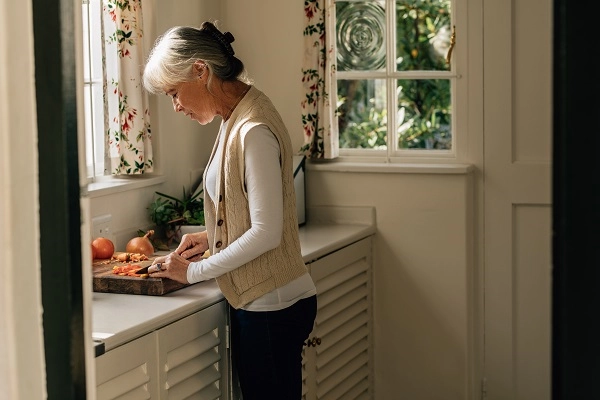Building connection in a COVID winter world

By Elijah Penner
When COVID-19 swept across the globe in 2020, everyone’s main concern was how to stay safe from the new disease. Wearing masks, frequent handwashing and staying physically distant from one another became the solution.
This was the way to care for each other. It was for public health — and it still is.
As the pandemic wore on, lockdowns, shelter-in-place measures and disruption of everyday routines led to another health concern: increased loneliness from prolonged social isolation. Making matters worse, Pacific Northwest winters mean less daylight with fewer opportunities for face-to-face, masked meetings and outdoor gatherings. Less daylight also provides less vitamin D — a resource that can help regulate mood and reduce symptoms of depression.
Loneliness is serious. Like smoking, it raises blood pressure, increases risk of cancer and shortens lifespans.
It’s also a difficult emotion to understand. You don’t need to be alone to feel lonely. It can happen in a home with loved ones and impacts people of all ages. But one thing we know for certain: human beings need meaningful social contact.
When physically separated, fulfilling this need may require a mix of intentionality and creativity. Here are a few ideas to find meaningful connection as the pandemic winter draws to a close:
- Reach out to a neighbor and offer support. If you’re young, maybe choose someone older. Give them your number and tell them to let you know if they need anything.
- Pick a friend and a strategy to connect with them beyond small talk. Play online Monopoly, chess or Scrabble while on a video call. Games often bring laughter and create opportunities for conversation.
- Give. Bake cookies and leave some at your friends’ or neighbors’ front door as a surprise.
- Learn something new. Read a book; study Rubik’s Cube; learn how to count in a new language or write a poem. Do any of these with a friend and check in on each other’s progress.
Many of these activities build feelings of trust and affection between people. Sharing laughter and offering support build positive feelings of connection. Giving can be powerful because it promotes cooperation and produces a sense of gratitude. Even individual learning impacts mood in a positive way through the sense of accomplishment it brings.
Building connection and positive feelings during a COVID winter will look different from one person to the next. Like many worthwhile things, the first step is often the most challenging. So take time to reflect. Find one idea that suits you and set a goal for when to do it — then implement it! You’ll soon see how simply setting a goal and following through will help brighten your winter.